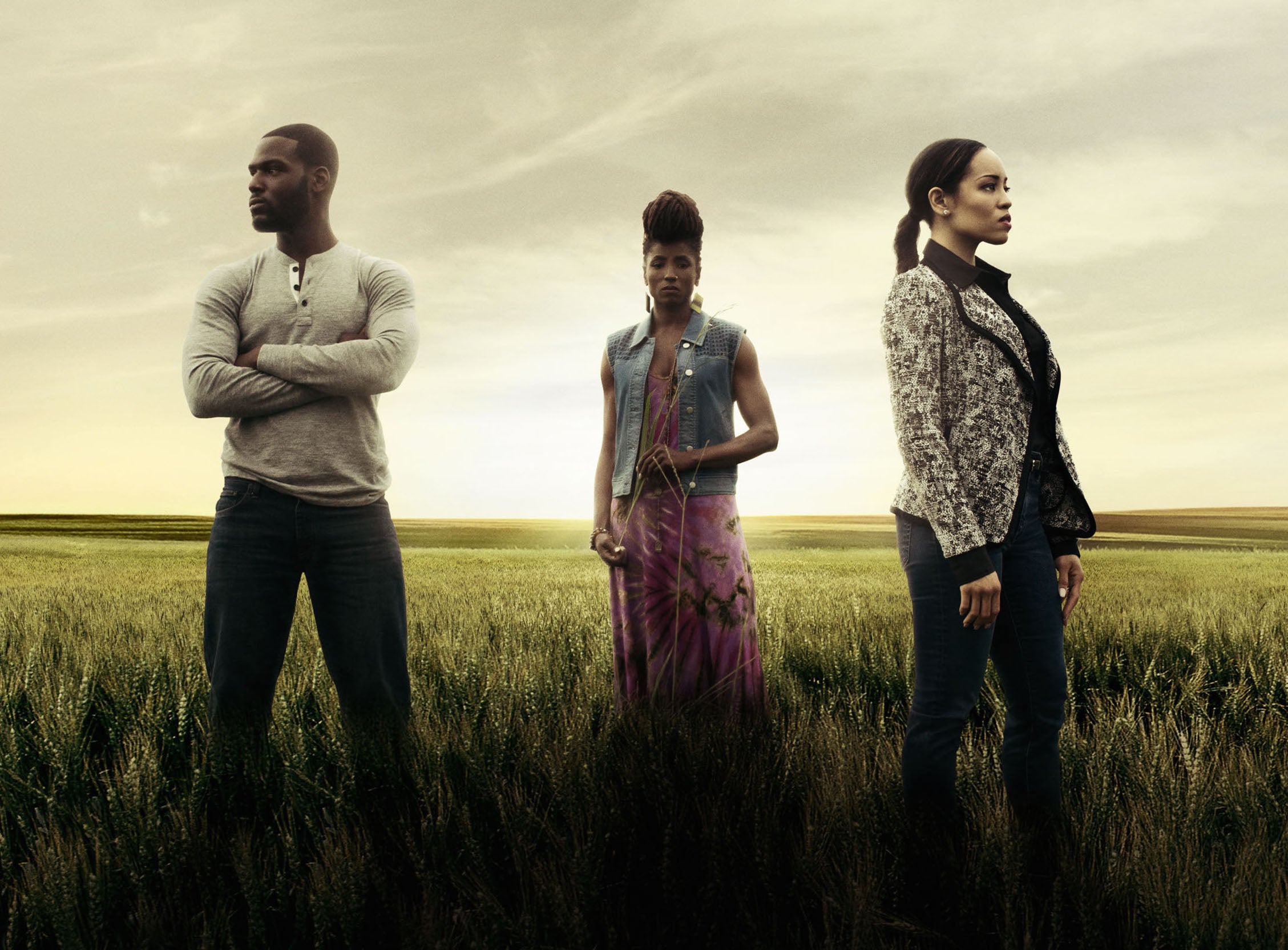
There are many things to love about the Ava DuVernay-helmed OWN drama, Queen Sugar.
If you are a fan of shows like Six Feet Under, seeing Black faces guide this nuanced family drama in similar fashion feels refreshing. Much like Donald Glover’s Atlanta, Queen Sugar takes characters we are familiar with seeing on television, but adds the sort of complexity that for so long evaded them. Those layers have proven pivotal and what largely separates Queen Sugar from its predecessors in how it tells the tale of a Black family in this medium.
When it comes to past images of Black families on television, most have straddled the line between aspirational and accessible. For many, The Huxtables were more than just a family, but a symbol of what could be, or in the cases of some, what a family should be. Others like me may have found The Cosby Show entertaining, but not necessarily anything reflective of my worldview. So other working class shows like Roc and Thea helped fill that void, as did sitcoms such as Living Single, Sister Sister, and Martin, each of which highlighted a truth many of us have come to learn over time: families are not necessarily assigned, but of our own invention.
Each of these shows spoke to a specific kind of family reflective of the time. All of them have value. Queen Sugar doesn’t deal in aspiration or accessibility, but something no less vital and urgent: authenticity.
The Cosby Show was an indirect rejection of the caricatures Ronald Reagan made of Black people, and the 1990s sitcoms more or less comic relief in the wake of President Clinton taking those caricatures and using them to further break up the Black family through mass incarceration, a show like Queen Sugar is an honest look at where many of us stand now.
Charley Bordelon has managed to achieve social mobility, but then you have her brother, Ralph Angel, who is on parole and serves as an ongoing look at recidivism as he struggles to find steady employment as a single father. So many people want to do right, but can only deal with the hand they have been dealt. Their sister, Nova Bordelon, understands this, and through her work as a journalist, highlights that for many Black people who work in media, one often has to take on the role of activist in the midst of a for-profit media world that could care less about Black people.
Subscribe to our daily newsletter for the latest in hair, beauty, style and celebrity news
Together, they try to run their late father’s farm while they grapple with new forms of the institutional racism their ancestors faced. It’s no longer chains, but wealthy, greedy, corporatist White folks who love nothing more than putting racial minorities back in their perceived place.
There are less serious themes at work on the show, but they still play into the overarching theme of taking characters and making them equal parts real and palpable for viewers. When I look at Aunt Violet and her younger boyfriend Hollywood, I’m delighted to see an older Black woman get to be sexual and vibrant given how the real Hollywood is so quick to take Black women of a certain age and stick them solely within the constraints of the one-note matriarch.
When I see Ralph Angel’s 6-year-old son, Blue Bordelon, playing with his doll and it being much ado about nothing in the eyes of his father, I’m elated because we get to see a little Black boy just being himself without forcibly ascribing some identity to him that likely does not even exist yet.
In an interview with NPR, DuVernay spoke of the show as a test, noting: “What do we feel comfortable seeing black characters and people of color doing? You know, is it always for laughs? Is it always quick cutting? Is it always plot driven?”
She added, “I found that there is an embracing of that on the film side, and so Queen Sugar is, for me, a grand experience as for whether or not it works on the TV side. The answer may be no, but we’ll find out soon enough.”
At the conclusion of its inaugural season, Queen Sugar can lay claim to critical acclaim, notching nearly two million viewers each week, and a People’s Choice Award nomination for Favorite Cable TV Drama. It is a testament not only to the talents of those on-screen and behind the scenes, but a needed reminder that we can be more than we typically see of ourselves on television and be successful. Queen Sugar is a Black family in all its messiness and complications but nonetheless, gorgeous in its honesty.
We need that authenticity now more than ever.